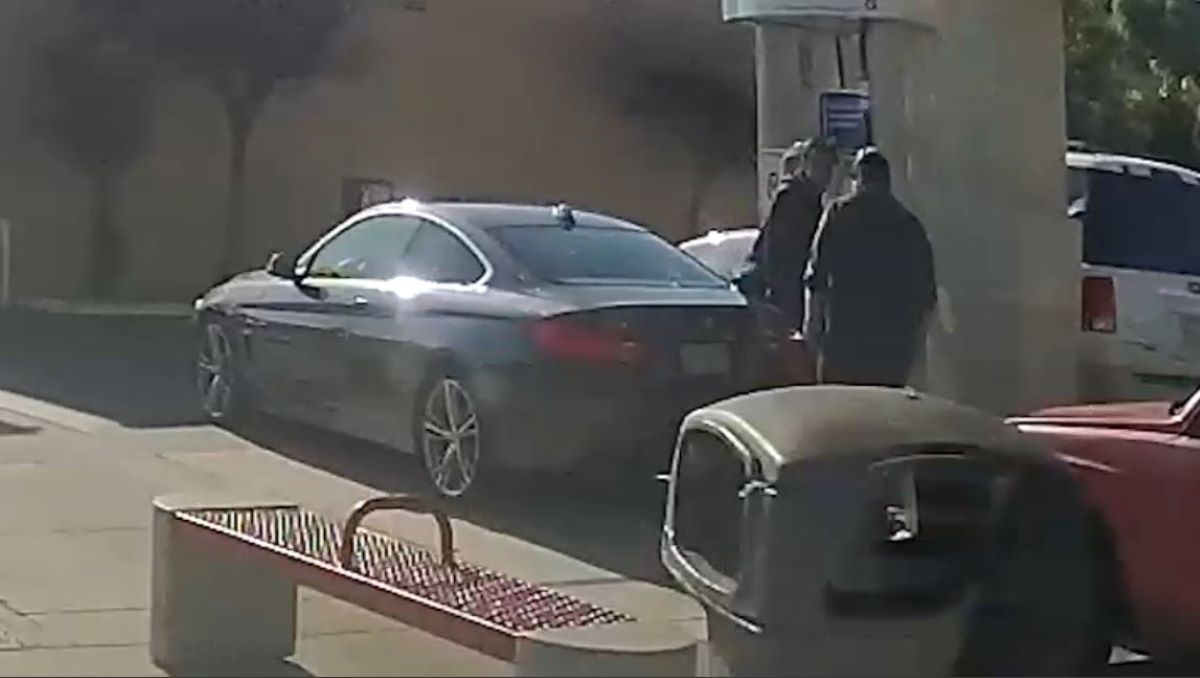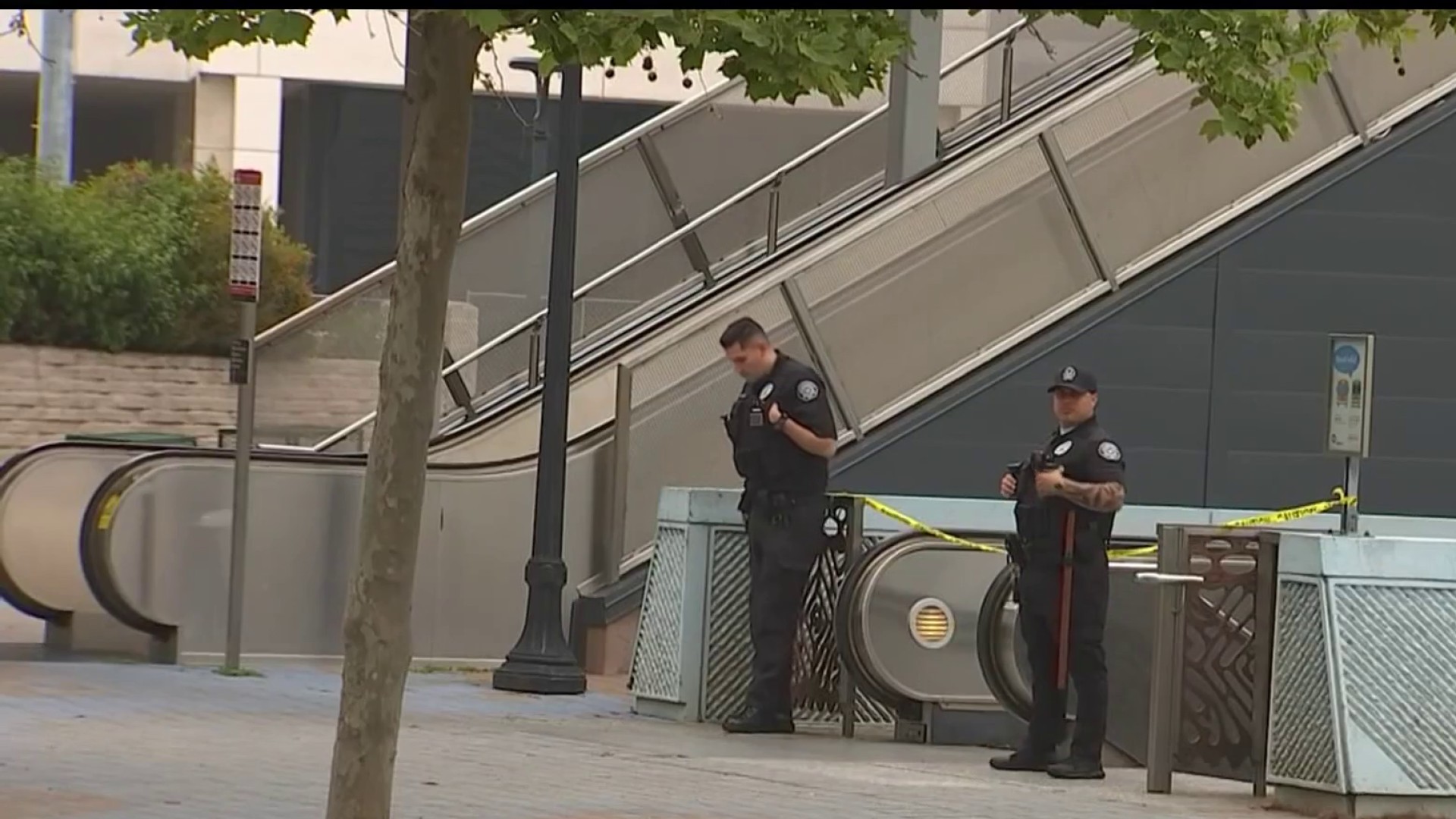A group of downtown Los Angeles residents and business and property owners have filed new legal action to try to stop the city from placing special protections on the personal property of the homeless who stay on the streets of skid row.
Those protections, first outlined in a temporary court order three years ago and made more permanent in a settlement announced in late May, removed limits on the size and quantity of most property homeless people will be allowed to keep.
The group, calling itself the DTLA Alliance for Human Rights, filed a recent motion in federal court to intervene in the settlement of the case called Mitchell vs. City of Los Angeles, calling the proposed agreement, "unlawful and disastrous," for the homeless and those who live and work in the area.
"In the years since the injunction was issued, conditions on skid row have declined precipitously — diseases have spread, property has proliferated, crime has spiked, and the number of homeless individuals has skyrocketed," the intervenors said in the filing. "The settlement is not a solution — it is an obstacle to a meaningful effort to resolve the problem of homelessness in Los Angeles. Because the settlement suffers from significant legal and substantive flaws, the settlement should be vacated."
The people who filed the motion said the Mitchell agreement violates state and federal law, allows for nuisance violations, and allows violations of the Americans with Disabilities Act, by shielding property that blocks wheelchair access to public streets and sidewalks.
The filing also said the city failed to hold adequate public hearings on the topic, and instead, negotiated in private, in potential violation of the state's Brown Act guarantees of public meetings.
The city announced it would settle the Mitchell case on May 29 by agreeing to extend the personal property protections for three more years and paying $645,000 to the plaintiffs.
The agreement covers people living on the streets in an area of downtown bordered by Second, Alameda, Eighth, and Main streets. The legal case was brought by advocates from several organizations including the Los Angeles Community Action Network, that said it hoped the settlement pushed the city toward finding and funding long term housing solutions, rather than fixating on street enforcement of municipal law.
"I hope this is the signal this is the sign, the proverbial crossroads, that insists we spend our money and our time on things that actually get people off the street," said LA-CAN executive director Pete White.
The City Attorney's Office said while the agreement continues certain limits on what sanitation workers and police can do, it rolls back even greater restrictions that had been imposed by a court order.
"In sum, the settlement provides the city the authority and flexibility it needs to address health and safety issues related to homelessness in the area covered by the agreement, and avoids the stricter limitations imposed by the court's injunction on the city's ability to clean and protect its public areas," the City Attorney's Office said in a statement.
News
Top news of the day
The City Attorney's Office declined to comment on the new legal action.
The terms of the agreement require police officers and city workers to give the homeless 24 hours notice of any cleanups, a second, 30-minute warning of a cleanup, and the immediate return of property if a person demands it after a cleanup has begun. Cleanups are also prohibited if the temperature is below 50 degrees.
If a homeless person is being arrested the city has promised the person's property will be safely stored at a city building for at least 90 days, with a mechanism for people to reclaim their property as soon as 3 days after it's stored.
There's also a provision for more immediate access if the property includes tents, sleeping bags, or blankets. The city has also agreed to keep documentation of property seizures that happen within the settlement area to, "document compliance."



